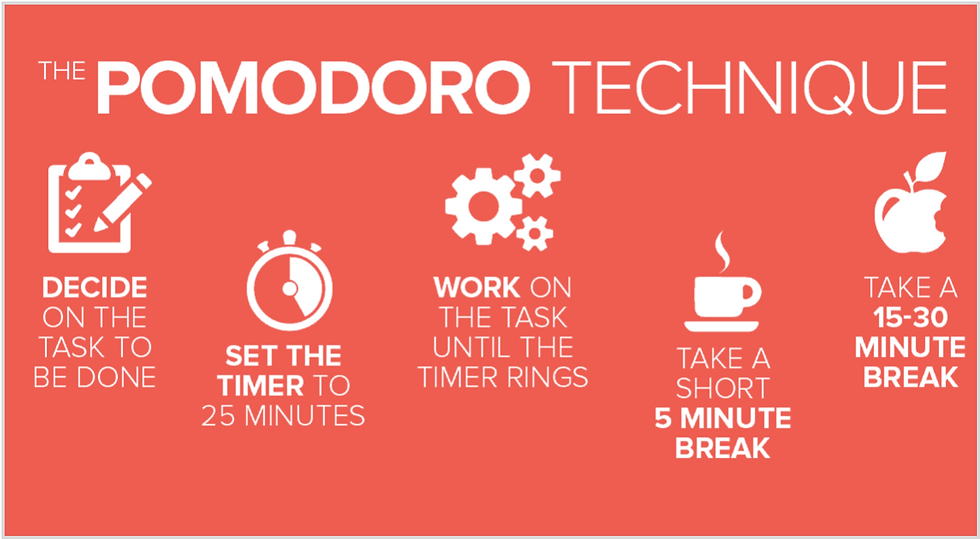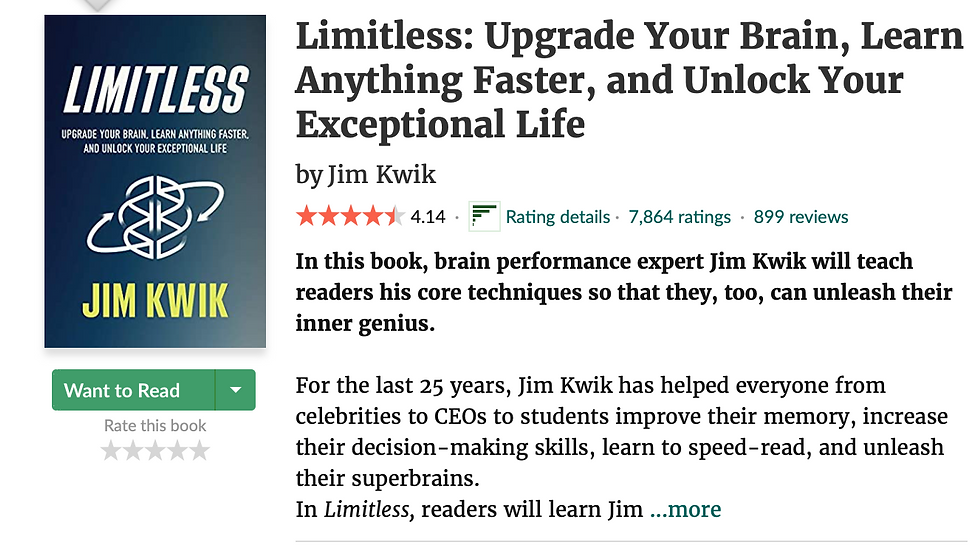Technology: Boon or Bane?
- Admin
- Sep 6, 2021
- 4 min read
Updated: Feb 9, 2022

Our everyday lives are so filled with technology now that it seems hard to imagine a world without constant digital input and stimulus. And yet it wasn’t so long ago that we lived without smartphones or tablets.
Growing up
Growing up in Hong Kong in the 1970s, I remember only having four television stations to watch - two were in English and two were in Chinese. At that age I was happy to watch anything on TV, especially Charlie’s Angels dubbed in Cantonese or early Japanese anime.

Our family’s textiles business in Nigeria required frequent communication with Hong Kong and Europe, and one of my fondest memories was playing with long ribbons of tickertape from the Telex machines in my mom’s office. When I went off to college in with 1980s I was admonished that long-distance telephone calls were expensive, so I should never call collect, because charges were doubled.
Telecom in medicine
As a medical student in the late 1980s, one of our main jobs was to fill out lab requisition forms by hand, draw the blood, and then send the sample out through the pneumatic tube transport system. This was great fun and a big improvement over having to run the samples down to the lab by foot, but of course the tube system was down at least half the time, so there was still plenty of running.
Our other main job was to “chase” the lab for results, because of course the printed reports never came fast enough. It’s funny now to think about how some poor lab technician’s only job was to answer phone calls to relay lab results from medical students, nurses and doctors all over the hospital.

By my intern year in 1990, lab reports were being sent up to the wards by fax. I still remember looking at the huge pile of curled up fax papers representing lab results for all the patients on that ward. Often it was still easier to call the lab rather than wading into that pile to look for the exact result you needed.
It’s easy to feel overwhelmed and anxious when we stop to think about our email piling up
I still recall the advent of email in the middle of my residency. Email was definitely a boon for me as an introvert. I had never been great at thinking on my feet, more often coming up with sharp or sarcastic wit in an attempt to be funny in the moment. But I was much better at communicating thoughtful, reasoned messages in the written form.
Digital Deluge
Fast forward to today, when it seems that we are drowning in a daily deluge of emails, slack notifications, Whatsapp, Wechat, Voxer, SMS text messages. We are constantly inundated with input from newsletters, media, podcasts, Youtube, Facebook, Twitter, Instagram. Everyone wants a piece of our limited attention and mindspace.

The pace of technology has been accelerating at breathtaking speeds - no wonder we are having trouble managing our time. When I stop to think about my email piling up and all the streams of media feeds coming at me, it’s easy to feel overwhelmed and anxious. In his book Limitless, Jim Kwik coined the term Digital Deluge to describe this affliction we all face in the 21st century, called Information Fatigue Syndrome.
I found it helpful to see that we are all experiencing this kind of torrential overload. And it reminds me of when I used to get stacks of physical catalogues in my physical mailbox around the holidays. They all ended up in the recycling bin unopened.
Digital Distraction
Kwik goes on to discuss the phenomenon of Digital Distraction, where our brains are actually drawn to shiny objects on the internet, whether it’s beautiful images on Pinterest or Instagram, or entertaining videos on YouTube or Netflix.
Because these distractions are literally at our fingertips all day everyday, it can be very tempting to use them as an escape from whatever difficult or mundane tasks we may be engaged in. After all, we are wired to get a little hit of pleasure in the form of the brain chemical dopamine whenever we get to do something fun or interesting.

The problem is our brains burn through their quick energy stores much more quickly when we are constantly shifting our attention, so it’s no wonder that we often feel so depleted. Kwik suggests turning off all unnecessary notifications and using the Pomodoro technique to maximize productivity. This approach requires us to break tasks down into 25 minute chunks, with 5 minute breaks, in order to maximize focus and attention.
It’s up to us
Our snail mail these days is almost entirely junk. There may be the occasional holiday card or wedding invitation that still comes through the post, but most of us have directed bills and business online.
So the good news is that we can also choose to take action to control our electronic media and email feeds. We can unsubscribe, filter, delete ads and optional messages. I feel so much more empowered when I take responsibility for curating my information feed. Just as I must be the one to choose to feed my body healthy and nourishing foods, so too, must I choose to limit what comes into my brain.

Resources:
Brain supercoach Dr Jim Kwik uses simple and accessible tools to teach important training techniques like speedreading, memory, executive function and reasoning. His writing style is engaging and entertaining, as well as highly informative.

The pomodoro technique is a well documented approach to time management which has been shown to maximize productivity.





Comments